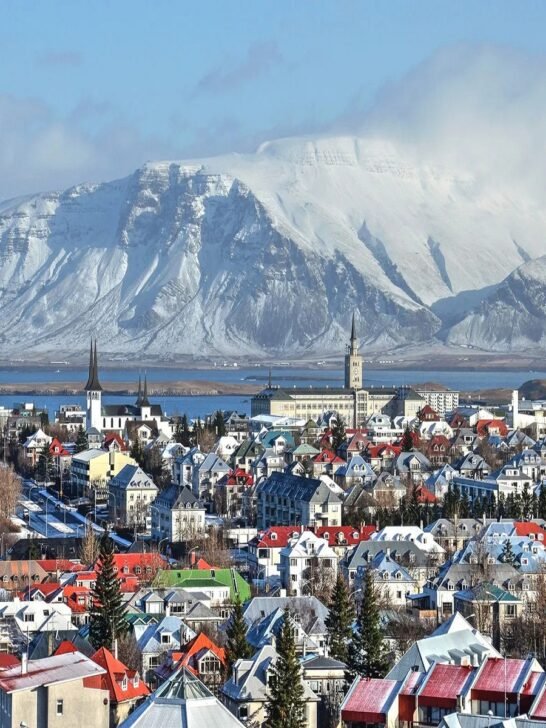In the North Atlantic Ocean you can take A Journey to the Land of Ice and Fire, where nature reigns in its rawest and most majestic form, lies Iceland—a land of stark contrasts, ancient legends, and modern innovation. Known as the "Land of Ice and Fire," Iceland is shaped by glaciers and volcanoes, carved by time and tradition, and enriched by a proud lineage tracing back to the fearless Viking explorers. A journey to Iceland is more than a visit—it's an experience that leaves you awe-inspired, humbled, and deeply connected to the primal forces of the Earth.
1. A Landscape Forged by Fire and Sculpted by Ice
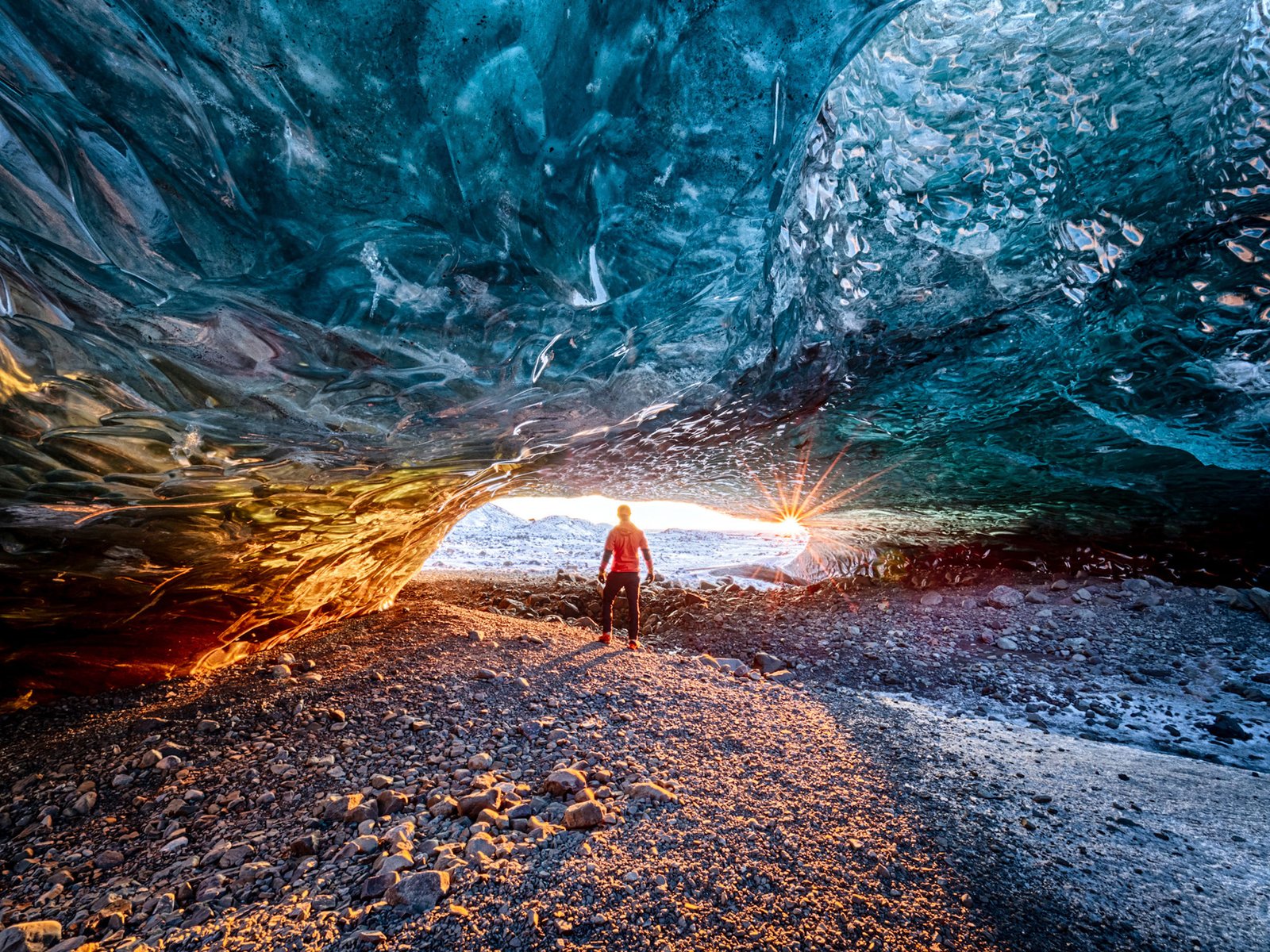
Iceland’s dramatic scenery is the result of its unique geological position on the Mid-Atlantic Ridge. The island straddles two tectonic plates, resulting in a powerful combination of seismic activity and volcanic eruptions. These forces have created some of the world’s most captivating landscapes: steaming lava fields, towering waterfalls, black sand beaches, and glacial lagoons.
Perhaps nowhere is this duality more evident than in Vatnajökull National Park, home to Europe’s largest glacier and some of Iceland’s most active volcanoes. From the shimmering Jökulsárlón Glacier Lagoon to the explosive energy of Eyjafjallajökull, Iceland is a living testament to Earth’s dynamism.
2. The Viking Heritage
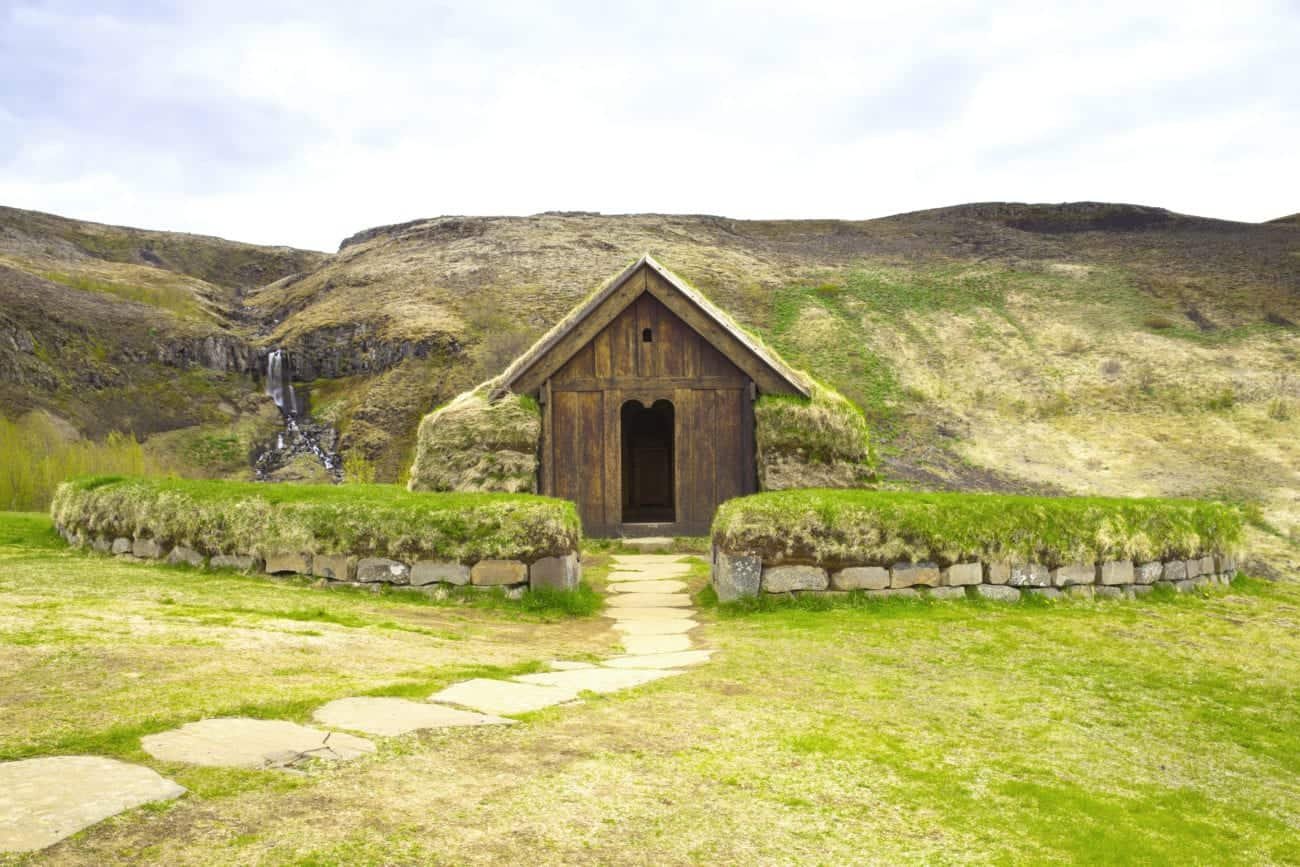
Iceland was settled by Norsemen over 1,100 years ago, and their legacy remains deeply embedded in the nation’s identity. Modern Icelanders can trace their ancestry directly back to these Viking settlers, and elements of Old Norse culture still permeate the language, literature, and traditions.
Visitors can explore Viking history at sites like the Settlement Exhibition in Reykjavík or the Saga Museum, which bring the Icelandic sagas—epic tales of heroism, betrayal, and exploration—to vivid life. These stories are more than history; they’re the foundation of Iceland’s national pride.
3. Reykjavík: A Capital of Creativity and Charm
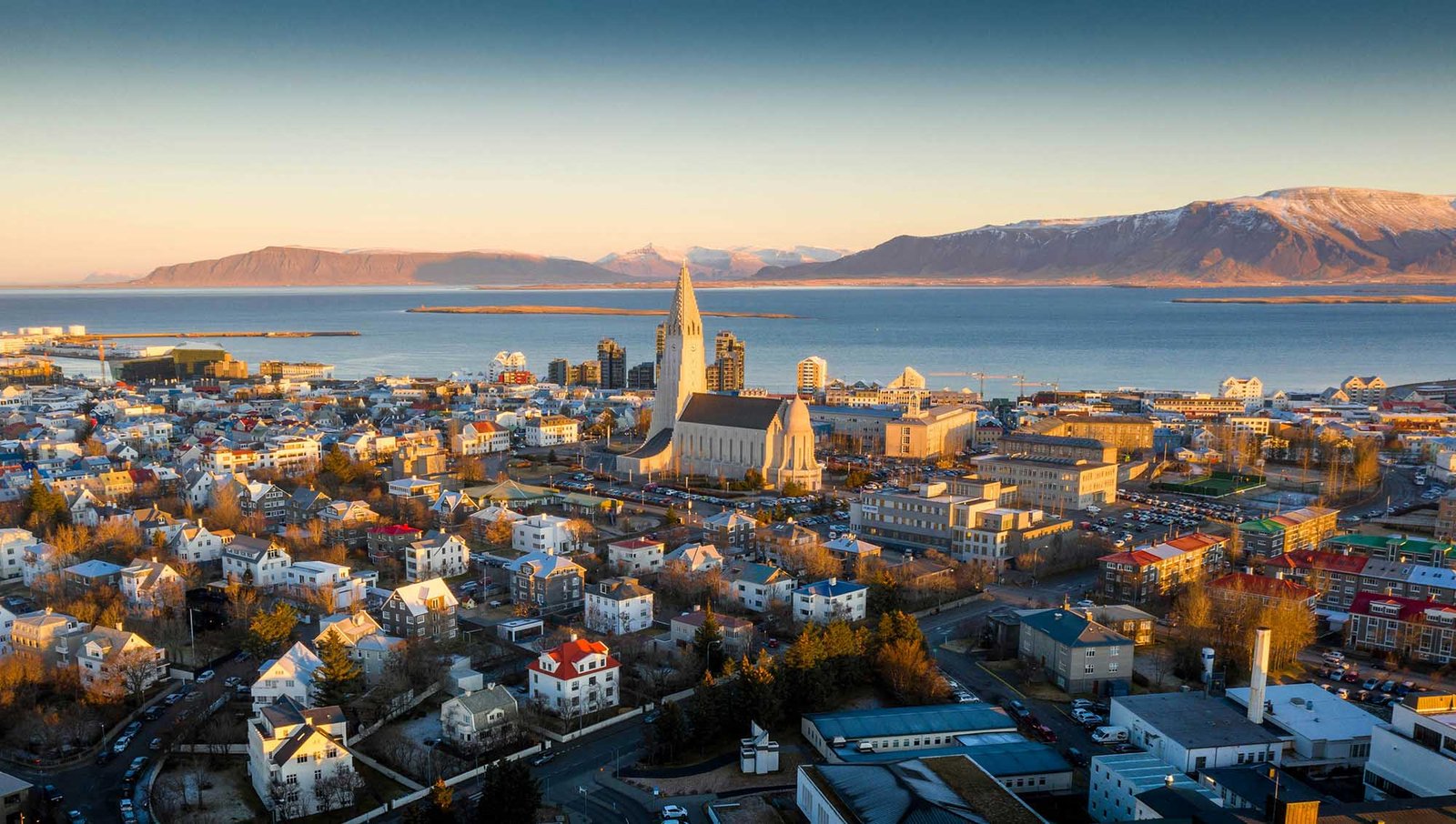
The northernmost capital in the world, Reykjavík is a city that effortlessly blends tradition with cutting-edge modernity. Known for its colorful houses, creative energy, and lively arts scene, Reykjavík is both cosmopolitan and cozy.
Landmarks such as Hallgrímskirkja Church, with its soaring, basalt-inspired architecture, and the striking Harpa Concert Hall reflect Iceland's commitment to design and innovation. Reykjavík is also a gateway to Icelandic cuisine, offering everything from traditional dishes like lamb and fermented shark to Michelin-starred dining with locally sourced ingredients.
4. Natural Wonders at Every Turn

In Iceland, nature is the main attraction. The Golden Circle route introduces travelers to some of the country’s most iconic sights: Þingvellir National Park, where you can walk between two continents; Gullfoss, a thunderous waterfall cascading into a deep canyon; and Geysir, the namesake of all geysers.
Further afield, visitors can marvel at the Northern Lights dancing across winter skies or soak in the ethereal waters of the Blue Lagoon, a geothermal spa nestled in a lava field. Each season brings its own magic, from summer’s midnight sun to the snow-covered stillness of winter.
5. A Culture of Sustainability and Resilience
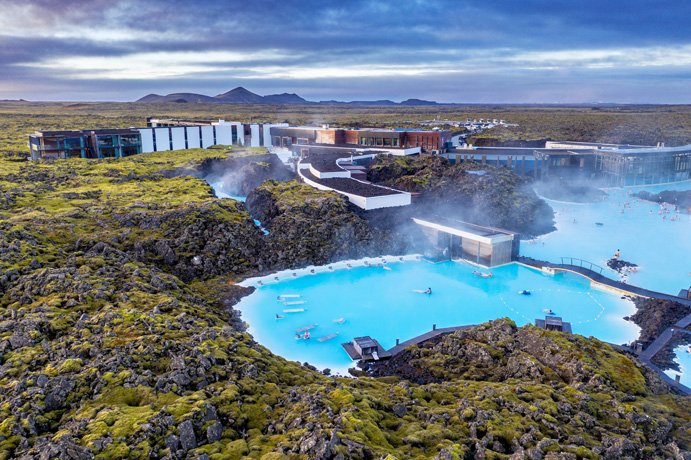
Despite its rugged environment, Iceland is one of the most progressive and sustainable nations on the planet. Nearly 100% of its electricity comes from renewable sources—primarily geothermal and hydroelectric energy. The people of Iceland have learned to thrive in harmony with nature, turning challenges into opportunities.
This resilience also defines Icelandic society. Whether surviving volcanic eruptions or economic crises, Icelanders remain fiercely independent, resourceful, and forward-thinking.
6. Language, Literature, and Legends

Icelandic, a language remarkably similar to Old Norse, is the oldest living language in Europe. Icelanders are proud custodians of their linguistic heritage, and storytelling remains a revered tradition.
The Icelandic sagas, written in the 13th and 14th centuries, are literary masterpieces chronicling the lives of early settlers. Modern authors like Halldór Laxness, Iceland’s Nobel Prize-winning novelist, have carried that legacy forward. Even today, Iceland publishes more books per capita than any other country—a reflection of its deep-rooted literary soul.

